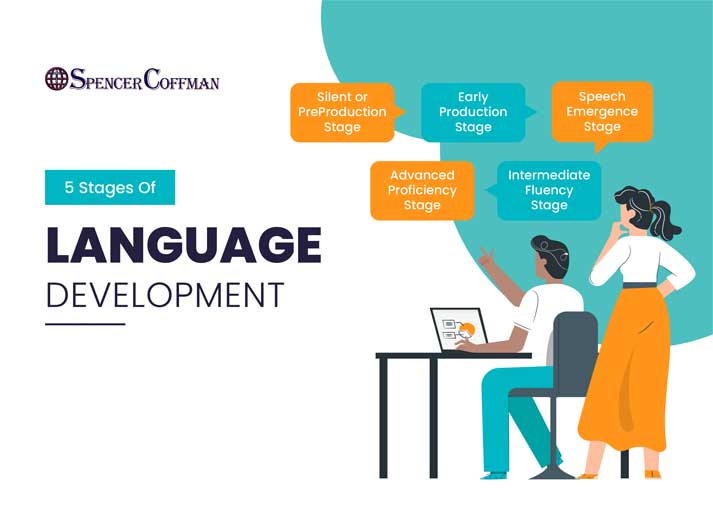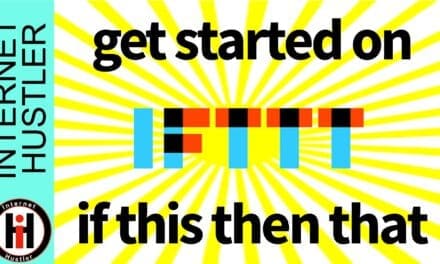As children grow, they learn to more effectively communicate their wishes. This is primarily done through language, as the phrase “use your words” is very popular among parents with toddlers.
This article will show you the 5 Stages of Language Development so you will be able to better understand where your child is at in the language learning process.
Keep in mind that these stages don’t only apply to toddlers. They can also apply to anyone who is learning a foreign language, as anytime we learn a new language we must go through these stages again.
Understanding these stages can help you make the language learning process a little less daunting.
Oops, Are Tehse Wrods Spleled Inocertcly? Never Make Another Typo
Silent or Preproduction Stage – during this stage students understand meaning through non-verbal communication. They may understand up to five hundred vocabulary words although they do not have comfort communicating them.
Examples of appropriate vocabulary words for this stage should be simple three or four-letter words such as cat, dog, run, jump, walk, eat, sleep, drink, yes, no, et cetera.
Early Production Stage – during this stage students can communicate in telegraphic speech and are able to comprehend up to one thousand vocabulary words. They feel comfortable expressing simple words and have difficulty forming proper grammatical sentences.
This stage can last up to six months. Appropriate vocabulary words include pronouns, conjunctions, and prepositions among other words such as I, me, mine, you, yours, and, but, because, in, with, et cetera.
Speech Emergence Stage – during this stage students have the ability to communicate nearly three thousand words. They are beginning to understand and use grammatical concepts and are now comfortable making and learning from mistakes.
This stage can last around a year. Vocabulary words should now be more complex and involve tenses. For example, running, ran, walking, walked, throw, threw, speak, spoke, rode, ride, ridden, et cetera.
Intermediate Fluency Stage – during this stage students are able to understand and grasp the meaning of sentences, dialogues, and other forms of communication. They can express themselves and may be able to effectively read and write.
This stage usually lasts one to two years. Vocabulary words may include slang or other culture-specific terms or phrases like bro, homie, wassup, dang, dish-up, keep your shirt on, et cetera. They may also learn more complex synonymous words to words they already know such as exuberant, jovial, bewildered, dumbfounded, et cetera.
Advanced Proficiency Stage – during this stage students are fluent in the language and are about equal to native speakers. This process can last up to seven years. Vocabulary words may include content-specific words such as parts of the anatomy, work-related terms, or other more difficult words.
For example, bones such as humerus, tibia, fibula, parts of the brain like the brain stem, cerebellum, cerebrum, and thalamus, or context-specific phrases such as – I’ll be a few minutes, flip the bird, light in the loafers, and so on.
Understanding how to learn a language is often as important as learning the language. Many people who have learned a foreign language have stated that once you learn how to learn a language the process of learning a language gets a lot easier.
This is often why once a person becomes fluent in a second language, he or she often becomes fluent in multiple languages. With that in mind, keep working toward your goal. Understand how to learn a language and keep learning.
Hopefully, you’ve been following the other articles I’ve written on the language learning process. If not, here are some links that may be helpful to you.
Five Methods to Learn a Language
Four Ways to Assess Student Knowledge
Five Language Learning Strategies
Four Properties of Spoken Language
Four Stages Of Speech Production
For more great information take a look at the supplemental content on this website and check out these great blog posts. In addition, feel free to connect with me on social media.





